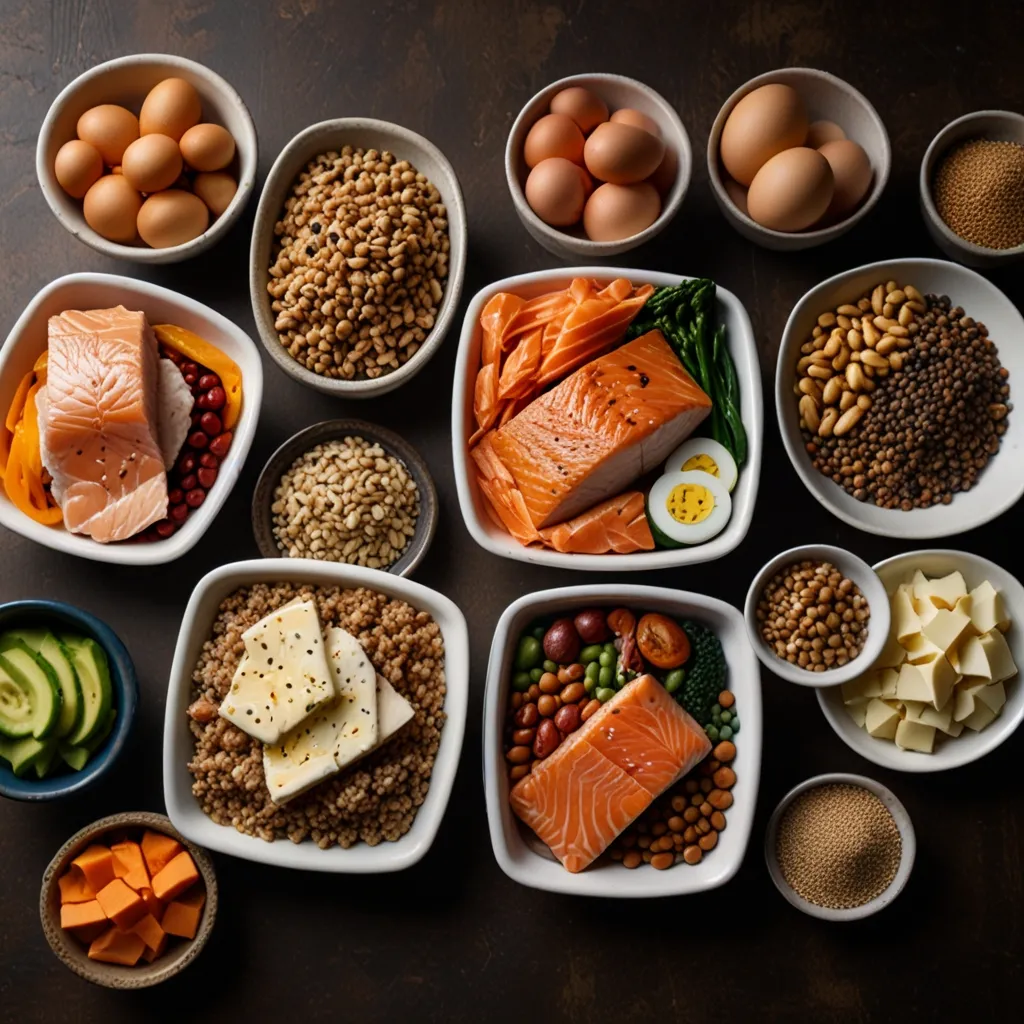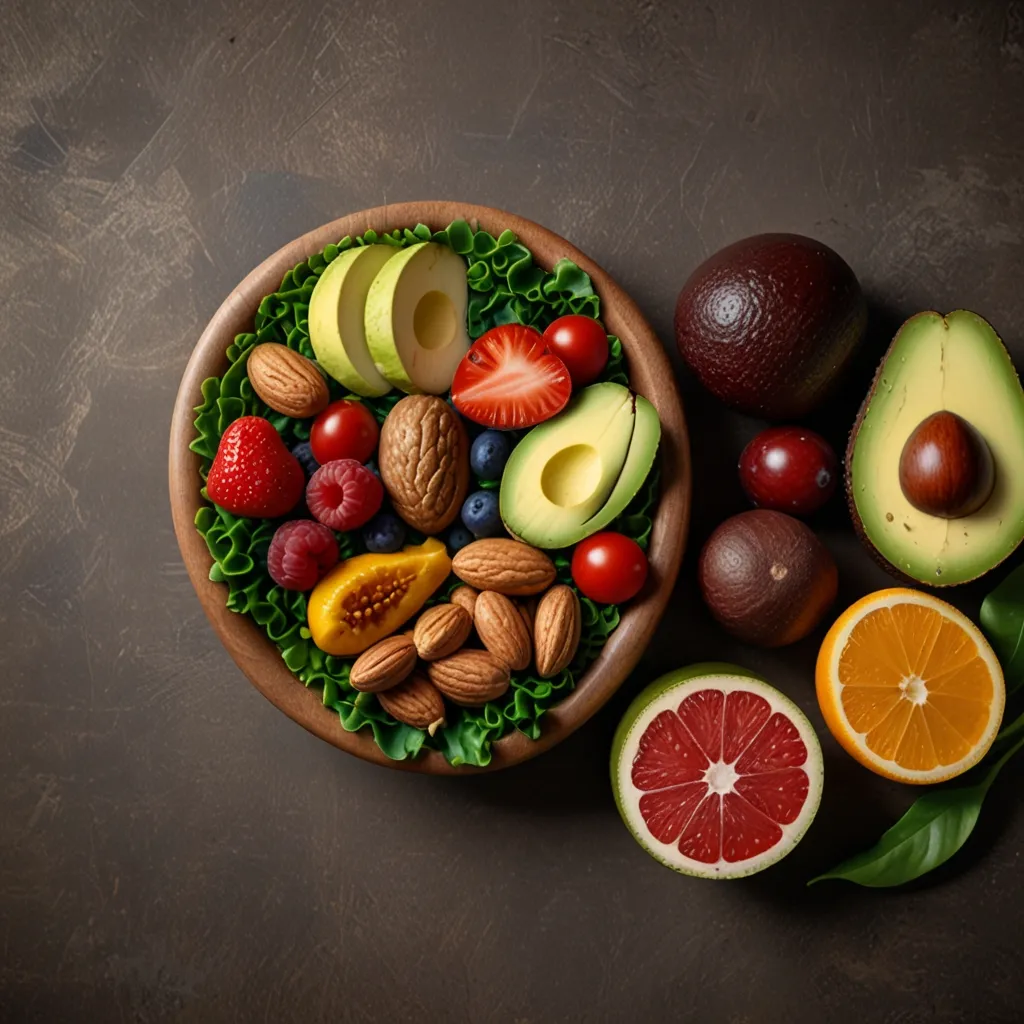Protein is a big deal for our bodies. It helps build and repair tissues like muscles, bones, and skin. Plus, it plays a role in making enzymes, hormones, and other essential body chemicals. So, what are the top foods loaded with protein?
Animal-based options are super popular and effective. Lean meats like chicken, turkey, beef, and pork are fantastic—they pack a punch of high-quality protein and essential nutrients like iron. Fish lovers, you’re in luck too. Salmon and tuna are protein powerhouses. And don’t forget dairy—milk, yogurt, and cheese not only give you protein but also a boost of calcium, which is great for your bones.
Eggs deserve a shoutout as well. They’re versatile and an excellent protein source—one large egg has about 6 grams! If seafood is your thing, shrimp, oysters, and clams are also packed with protein and a bunch of other good stuff.
But hey, plant-based options are just as amazing. Beans, peas, and lentils not only provide protein but also an extra dose of fiber and vitamins. Think chickpeas, lentils, and black beans to start. Nuts and seeds like almonds, walnuts, and pumpkin seeds are another easy way to sneak in some protein.
Soy is a rockstar in the plant world since it’s a complete protein, meaning it has all the essential amino acids. Tofu and soybeans are your go-tos. Quinoa is another complete protein and also rich in fiber and minerals.
When picking your protein sources, it’s good to consider the whole nutritional picture. Some meats can be high in saturated fats and sodium, so lean meats and poultry are better choices. Processed meats like sausages and bacon should be more of an occasional treat due to their high fat and sodium levels.
A diet high in protein has plenty of perks. It’s great for maintaining muscle mass, especially as you get older. Athletes find a protein-rich diet helps with muscle repair and growth. Plus, protein tends to keep you feeling full and satisfied, aiding in weight management.
Depending on how active you are, your protein needs will vary. Most folks do well with about 0.8 grams of protein per kilogram of body weight. If you’re hitting the gym hard, you might need as much as 2 grams per kilogram.
Adding more protein to your daily routine isn’t hard. Kick off the day with something like eggs or Greek yogurt. Sprinkle nuts and seeds on your snacks or salads. For main meals, go with lean meats and fish, and don’t forget to include plant-based options like beans and tofu.
For vegetarians and vegans, mixing different plant-based proteins ensures you get all the essential amino acids. Pairing beans with rice or quinoa can make for a complete protein-packed meal.
All in all, protein is a must-have nutrient, and there are plenty of delicious options whether you’re into animal products or plant-based foods. Focus on a variety of sources, like lean meats, fish, dairy, eggs, beans, nuts, and seeds, to keep your protein levels up and support your overall health.






